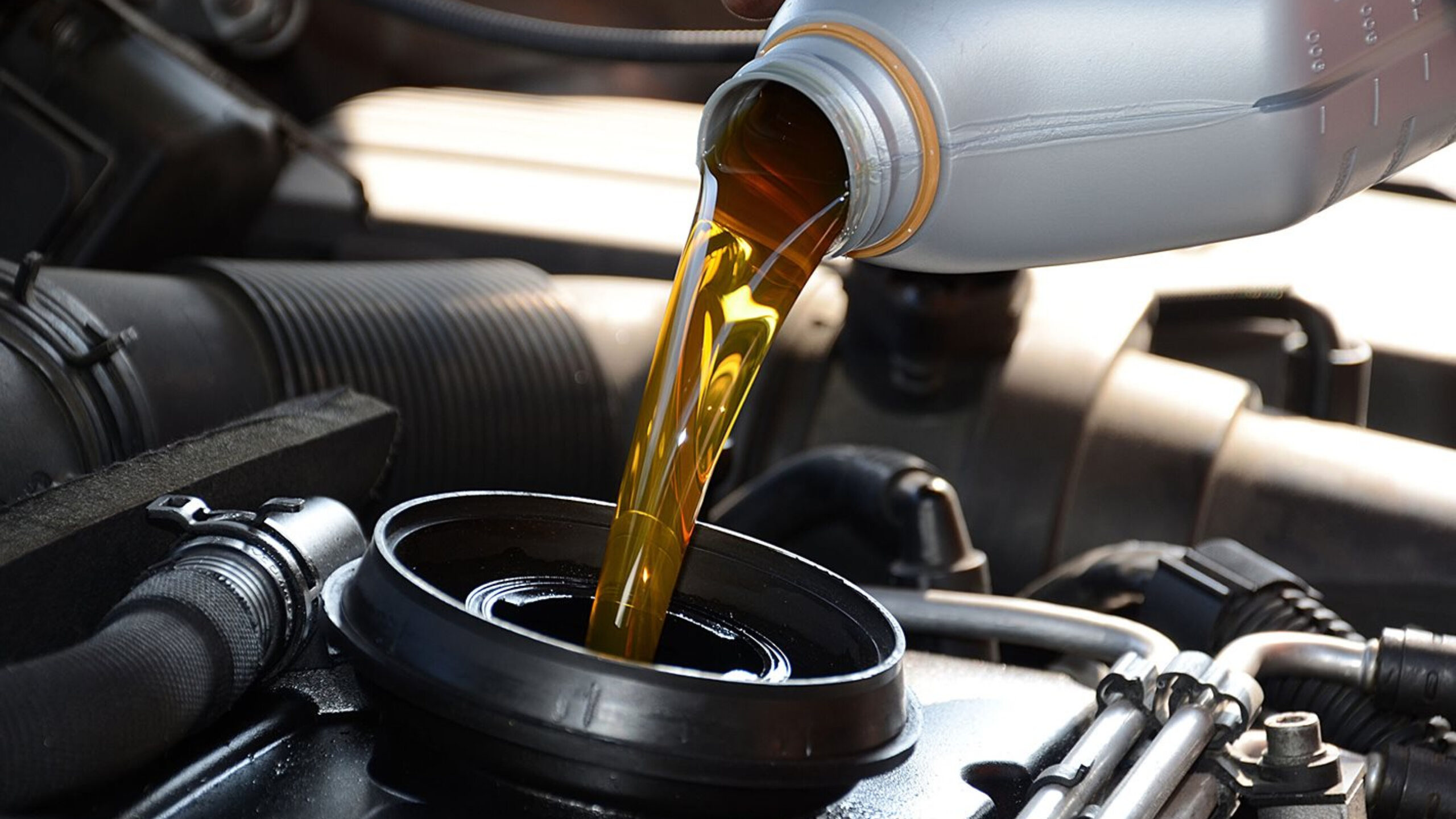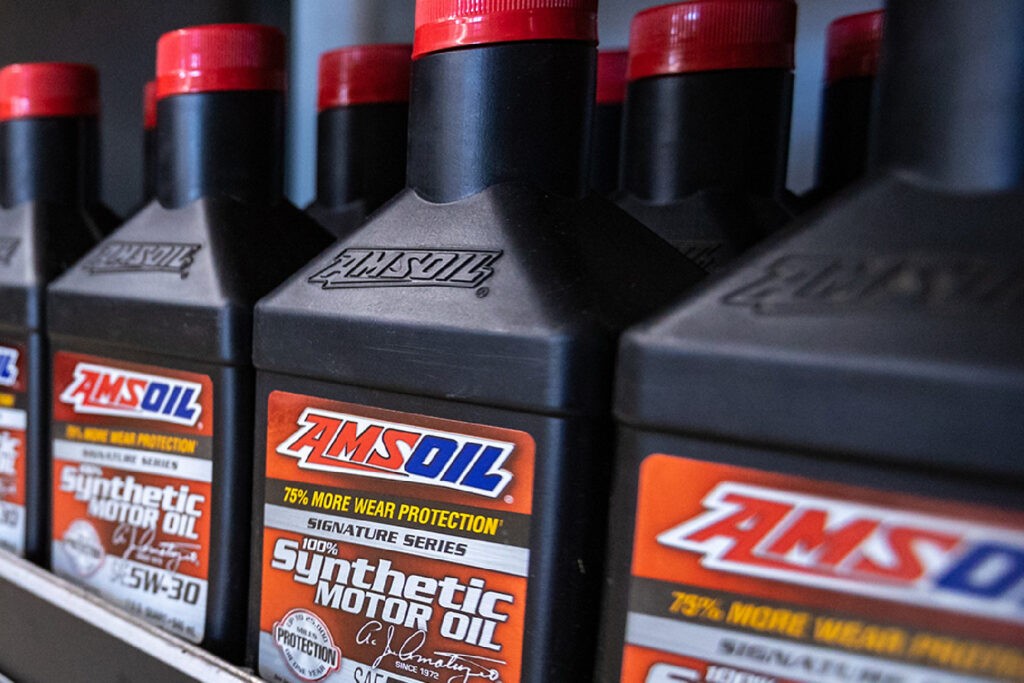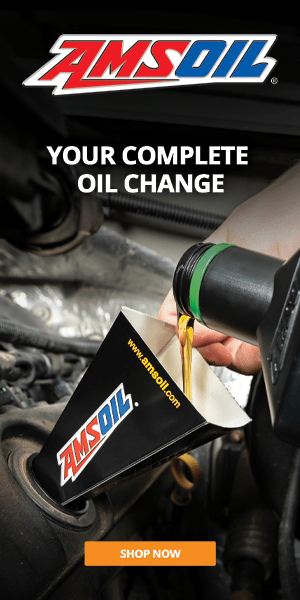Does Motor Oil Expire? Understanding Motor Oil Expiration

Does motor oil expire? If you’ve ever questioned the lifespan of your motor oil, you’re not alone. Many vehicle owners are often unsure if their motor oil can go bad over time. The simple answer is yes, motor oil can indeed expire. But understanding the factors that contribute to motor oil expiration can help you make informed decisions about when to replace it.

In this article, we will explore the mysteries surrounding motor oil expiration. We will delve into the reasons why motor oil deteriorates and examine the signs that indicate it’s time for a change. From oxidation and contamination to heat and moisture, we will uncover the culprits that shorten the lifespan of motor oil.
Whether you’re a car enthusiast, DIY mechanic, or simply someone interested in understanding the inner
workings of your vehicle, this article will help demystify the concept of motor oil expiration. So, if you’ve ever wondered whether your motor oil has an expiration date, keep reading to discover the truth behind this automotive mystery.
What is motor oil expiration?
Motor oil is a critical component of your vehicle’s engine, responsible for lubricating moving parts, reducing friction, and preventing wear and tear. However, like many other products, motor oil has a limited lifespan and can eventually expire or deteriorate over time. Motor oil expiration refers to the point at which the oil’s chemical and physical properties have changed to the extent that it can no longer effectively perform its intended functions.
The expiration of motor oil is a gradual process, and it is influenced by various factors such as the oil’s
composition, the conditions under which it is stored, and the operating environment of the engine. As motor oil ages, it can undergo a range of chemical and physical changes that can compromise its ability to protect and lubricate the engine.
Understanding the concept of motor oil expiration is crucial for vehicle owners, as it helps them make informed decisions about when to change their oil and maintain the health of their engine. By being aware of the signs of expired motor oil and taking proactive steps to replace it, you can extend the life of your vehicle and avoid costly repairs down the line.
Why does motor oil expire?
Motor oil can expire due to a variety of reasons, and understanding these factors can help you better manage the lifespan of your vehicle’s oil. Here are some of the primary reasons why motor oil can expire:
- Oxidation: One of the main reasons why motor oil expires is due to oxidation. Over time, the oil’s molecules react with oxygen in the air, causing the oil to break down and lose its lubricating properties. This process is accelerated by high temperatures, which can occur in the engine during operation or in the oil storage container.
- Contamination: Motor oil can become contaminated with various substances, such as dirt, debris, and combustion byproducts from the engine. These contaminants can degrade the oil’s performance and lead to premature expiration.
- Heat and moisture: Exposure to high temperatures and moisture can also contribute to the expiration of motor oil. Heat can cause the oil to oxidize more quickly, while moisture can lead to the formation of sludge and other harmful deposits.
- Additive depletion: Motor oil is formulated with a variety of additives, such as detergents, dispersants, and anti-wear agents, that help maintain the oil’s performance. Over time, these additives can become depleted, reducing the oil’s ability to protect the engine.
- Extended use: Even if the oil is not contaminated or exposed to extreme conditions, prolonged use can lead to its expiration. The oil’s lubricating and protective properties gradually diminish with each mile driven, eventually reaching a point where it can no longer effectively perform its job.
Understanding these factors can help you make informed decisions about when to change your motor oil and ensure that your engine is always protected by fresh, high-quality lubricant. By being proactive about oil changes and properly storing your motor oil, you can extend its lifespan and keep your vehicle running
smoothly.
Signs that motor oil has expired
Recognizing the signs that your motor oil has expired is crucial for maintaining the health of your vehicle’s engine. Here are some common indicators that your motor oil may have reached the end of its useful life:
- Dark or discolored oil: As motor oil ages, it can become darker in color, ranging from a deep amber to a thick, black sludge. This discoloration is a sign that the oil has become contaminated and is no longer performing at its best.
- Thickened or gummy consistency: Expired motor oil can also develop a thickened, gummy, or even gel-like consistency. This is a result of the oil’s molecular structure breaking down and the accumulation of contaminants.
- Foul odor: Fresh motor oil has a distinct, clean smell, but as it expires, it can develop a foul, burnt, or unpleasant odor. This is a clear indication that the oil has deteriorated and is no longer suitable for use.
- Increased oil consumption: If you notice that your vehicle is consuming more oil than usual, it could be a sign that the oil has expired and is not providing adequate lubrication, leading to increased engine wear and tear.
- Increased engine noise or vibration: When motor oil expires, it can lose its ability to effectively lubricate the engine’s moving parts, leading to increased friction and potentially causing engine noise or vibration.
- Reduced fuel efficiency: Expired motor oil can also contribute to decreased fuel efficiency, as the engine has to work harder to overcome the increased friction and resistance caused by the degraded oil.
If you notice any of these signs, it’s important to have your motor oil inspected and changed as soon as possible to prevent further damage to your engine. Ignoring the signs of expired motor oil can lead to costly repairs and a shorter lifespan for your vehicle.
The consequences of using expired motor oil
Using expired motor oil in your vehicle can have serious consequences, both for the performance and longevity of your engine. Ignoring the signs of motor oil expiration can lead to a range of issues that can be costly to repair. Here are some of the potential consequences of using expired motor oil:
- Increased engine wear and tear: As motor oil ages and loses its lubricating properties, it can no longer effectively protect the engine’s moving parts from friction and wear. This can lead to accelerated wear on components such as bearings, pistons, and cylinders, ultimately shortening the engine’s lifespan.
- Decreased fuel efficiency: Expired motor oil can increase engine friction, resulting in decreased fuel efficiency. This not only costs you more at the pump but also contributes to higher overall operating costs for your vehicle.
- Reduced engine performance: The deterioration of motor oil can lead to a loss of power, reduced acceleration, and decreased engine responsiveness. This can make your vehicle feel sluggish and less enjoyable to drive.
- Increased oil consumption: As the motor oil degrades, it can become less effective at sealing and protecting the engine’s internal components. This can lead to increased oil consumption, which can be both costly and inconvenient.
- Sludge and deposit buildup: Expired motor oil can leave behind sludge and other harmful deposits in the engine, which can clog oil passages and restrict the flow of lubricant. This can further exacerbate engine wear and reduce the overall efficiency of the engine.
- Increased risk of engine failure: In the most severe cases, using expired motor oil can lead to catastrophic engine failure, requiring a complete engine overhaul or replacement, which can be an extremely expensive and time-consuming repair.
To avoid these consequences and ensure the longevity and performance of your vehicle, it’s essential to replace your motor oil at the recommended intervals and be vigilant for signs of oil expiration. Investing in high-quality motor oil and following a regular maintenance schedule can help you avoid the costly and
potentially dangerous consequences of using expired oil.
How to properly store motor oil to extend its shelf life
Proper storage of motor oil is crucial for maintaining its quality and extending its shelf life. Improper storage can lead to the oil’s premature expiration, which can have serious consequences for your vehicle’s engine. Here are some tips for properly storing motor oil to ensure it remains in optimal condition:
- Temperature control: Motor oil should be stored in a cool, dry place, away from direct sunlight and heat sources. Exposure to high temperatures can accelerate the oil’s oxidation and cause it to degrade more quickly. The ideal storage temperature range is between 40°F (4°C) and 80°F (27°C).
- Airtight containers: Motor oil should be stored in airtight containers to prevent exposure to air, which can also contribute to oxidation. Make sure the containers are tightly sealed and free of any cracks or leaks.
- Avoid moisture: Moisture can contaminate the motor oil and lead to the formation of sludge and other harmful deposits. Store the oil in a dry location and avoid exposing it to high humidity or water sources.
- Upright storage: Always store motor oil containers in an upright position. This helps to prevent any potential leaks or spills and ensures that the oil remains evenly distributed within the container.
- Avoid direct sunlight: Exposure to direct sunlight can cause the oil to break down more quickly. Store the containers in a shaded area or a cabinet to protect them from UV radiation.
- Label and date the containers: Clearly label each container with the type and grade of motor oil, as well as the date of purchase or storage. This will help you keep track of the oil’s age and ensure that you use the oldest containers first.
- Rotate stock: If you have a large inventory of motor oil, make sure to rotate your stock regularly, using the oldest containers first. This will help prevent the oil from sitting for too long and expiring before you have a chance to use it.
By following these storage guidelines, you can extend the shelf life of your motor oil and ensure that it remains in optimal condition for use in your vehicle. Proper storage can help you avoid the consequences of using expired oil and keep your engine running smoothly for years to come.
Understanding the different types of motor oil and their expiration dates
Motor oil comes in a variety of types, each with its own unique properties and expiration timelines.
Understanding the differences between these oil types and their respective expiration dates can help you make informed decisions about when to replace your vehicle’s lubricant.
Conventional motor oil:
- Conventional motor oil is the most basic and widely used type of motor oil.
- Conventional oil typically has an expiration date of 5 years from the date of manufacture or 1 year from the date of purchase, whichever comes first.
- Proper storage conditions can help extend the shelf life of conventional motor oil, but it should still be replaced regularly to ensure optimal engine protection.
Synthetic motor oil:
- Synthetic motor oil is engineered to provide superior performance and protection compared to conventional oil.
- Synthetic oil generally has a longer shelf life, with an expiration date of 7-10 years from the date of manufacture or 2-3 years from the date of purchase, depending on the specific formulation.
- Synthetic oil is less susceptible to oxidation and degradation, making it a more durable option for long-term storage.
High-mileage motor oil:
- High-mileage motor oil is designed for vehicles with over 75,000 miles on the odometer.
- This type of oil typically has an expiration date of 5 years from the date of manufacture or 1 year from the date of purchase, similar to conventional motor oil.
- High-mileage oil may have additional additives that can help extend the life of older engines, but it still requires regular replacement.
Synthetic blend motor oil:
- Synthetic blend oil is a combination of conventional and synthetic base stocks, offering a balance of performance and cost-effectiveness.
- The expiration date for synthetic blend oil is generally 7 years from the date of manufacture or 2 years from the date of purchase.
- Synthetic blend oil can provide better protection than conventional oil, but it may not have the same longevity as full synthetic formulations.
Knowing the expiration dates for the different types of motor oil can help you make informed decisions about when to replace your vehicle’s lubricant. Always check the manufacturer’s recommendations and the expiration date on the oil container to ensure that you are using fresh, high-quality motor oil that will protect your engine and maintain its performance.
How to check the expiration date of motor oil
Checking the expiration date of your motor oil is an important step in ensuring that you are using a fresh,
high-quality lubricant in your vehicle. Here’s how you can easily identify the expiration date of your motor oil:
Look for the date of manufacture or the “best by” date:
- Motor oil containers typically have the date of manufacture, or a “best by” date printed on the label or the bottle.
- This date indicates the time frame within which the oil is considered fresh and effective for use.
Identify the shelf life:
- As discussed earlier, different types of motor oil have varying shelf lives.
- Conventional motor oil has a shelf life of 5 years from the date of manufacture or 1 year from the date of purchase.
- Synthetic motor oil has a longer shelf life, typically 7-10 years from the date of manufacture or 2-3 years from the date of purchase.
Calculate the expiration date:
- To determine the expiration date, add the shelf life to the date of manufacture or the date of purchase, whichever is more recent.
- For example, if the date of manufacture is January 1, 2020, and the motor oil is a conventional formulation, the expiration date would be January 1, 2025 (5 years from the date of manufacture).
Check the container for any other expiration information:
- Some motor oil containers may have additional expiration information, such as a “use by” date or a “replace by” date.
- This information can provide a more specific timeline for when the oil should be replaced, regardless of the general shelf life.
Keep track of the oil change history:
- If you have been diligently keeping records of your oil changes, you can use this information to estimate the age of the motor oil in your vehicle.
- Knowing the approximate age of the oil can help you determine if it is nearing its expiration date and needs to be replaced.
By following these steps, you can easily identify the expiration date of your motor oil and ensure that you are using a fresh, high-quality lubricant in your vehicle. This will help protect your engine and maintain its
performance over time.

